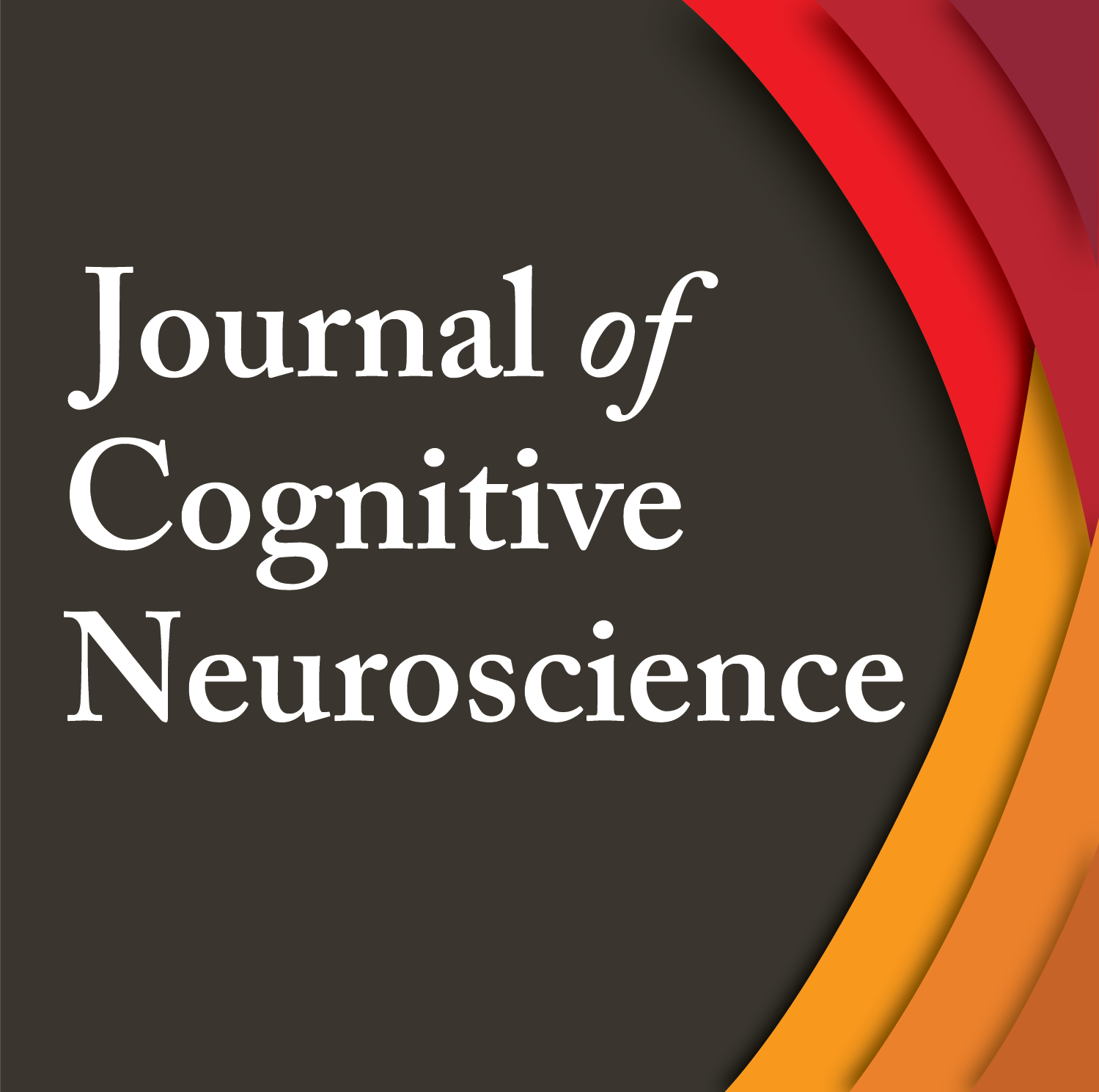Abstract
Cognitive aging theories emphasize the decrease in efficiency of inhibitory processes and attention control in normal aging, which, in turn, may result in reduction of working memory function. Accordingly, some of these age-related changes may be due to faster sensory memory decay or to inefficient filtering of irrelevant sensory information (sensory gating). Here, event-related brain potentials and the event-related optical signal were recorded in younger and older adults passively listening to tone trains. To determine whether age differentially affects decay of sensory memory templates over short intervals, trains were separated by delays of either 1 or 5 sec. To determine whether age affects the suppression of responses to unattended repeated stimuli, we evaluated the brain activity elicited by successive train stimuli. Some trains started with a shorter-duration stimulus (deviant trains). Results showed that both electrical and optical responses to tones were more persistent with repeated stimulation in older adults than in younger adults, whereas the effects of delay were similar in the two groups. A mismatch negativity (MMN) was elicited by the first stimulus in deviant trains. This MMN was larger for 1- than 5-sec delay, but did not differ across groups. These data suggest that age-related changes in sensory processing are likely due to inefficient filtering of repeated information, rather than to faster sensory memory decay. This inefficient filtering may be due to, or interact with, reduced attention control. Furthermore, it may increase the noise levels in the information processing system and thus contribute to problems with working memory and speed of processing.

